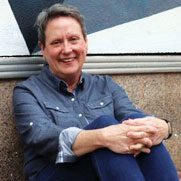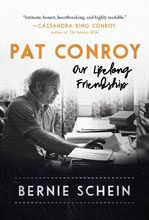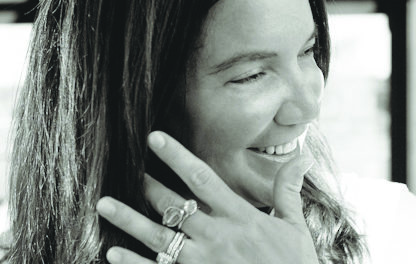Say goodbye to golden yesterdays: or your heart will never learn to love the present. – Anthony de Mello, SJ
I slept in on Memorial Day, or rather, I got up at my usual 4 a.m., read the May 31 entry in One Year Bible, and went back to sleep until 7. Then, I made the unusual decision to spend the morning in bed. I read, wrote, and watched about one-half of the documentary Absolute Beauty on the life of composer Samuel Barber. Many of us have heard his Adagio for Strings, unconsciously if not consciously, somewhere in the background of a film or moment. It is one of the most melancholy pieces of music in existence; mournful. By great coincidence, it was the music that accompanied my father’s passing.
A line struck me in the documentary: Do not tell a composer what his music is about. This resonates with me because I am at a pivotal moment in my life, accepting that I am truly entrenched in my sixties, and I have no idea what this means because I have never been here before. I’m pretty sure I’ve been pushing back. Certainly, I continue to discover new things about myself and I am learning that I am an ageist. I hold preconceived notions of what it means to grow old, be old, witness others as old, and I am prejudiced against my state in life with the definition of prejudice as a preconceived notion. It boils down to judgement, my repetitive sin.
On a day set aside to remember lives spent in sacrifice for our country, I read Mary Pipher’s Women Rowing North. I’m not far along in the book (it’s miraculous that I’ve kept my resolution to read the Bible in 2021) when Pipher nails it: “…ageism is a prejudice against one’s future self.” She follows this with keen suggestions to “resolve not to criticize ourselves or other women or make negative remarks about aging or appearance. We can write, speak out, or utilize music, art, and theater to change the way we are treated and perceived.”
Swaying between music, film and written words, I realized that my age is becoming my adagio, a slower movement, more meaningful. It can be played across the creases in my skin, written on the brow of my forehead where I pencil in color that has disappeared, and displayed like the crepe of a theater curtain draping the disappearance of muscle. And I am instructed to conduct my behavior without critical appraisal of the aging foreigners around me or of myself.
To clear the hurdle of denial, I need to hone wisdom and be open to accept change gracefully. In Barber’s Adagio, there is a pacing, a skillful architecture of beauty coexisting with time, but Barber has also written dissonant music, inharmonious riffs that buck the flow of violin cascades with the thick, tonal discord of an oboe. It’s the same with aging. The insights from well-earned knowledge are at odds with malady and loss. Harmony gets lost in crises. Regret begets resentment and some old-timers grow ugly, a leading cause of loneliness.
I’ll finish Pipher’s book. I suspect she’s going to offer a compass and map for the metaphorical river north. What is “north” anyway? A synonym for “up”? Is Pipher alluding to the cliche of aging as a means of “going south”? And why do I have to row? I like motorboats.
I’ve been living in the South for a long time now and it’s my region of choice for this journey toward eternity. I like to counter Barber’s somber classicism with Love Me Right by Sister. Hannah Anderson’s lyrics unfold in an upbeat dance tune stressing how she wants to be heard, loved and held, her thoughts keep replaying and all things heal with time. If I could write my age in music, these final movements would be lyrical, filled with birdsong and the sound of leaves lifted by the whisper of wind. I accept my age and I won’t judge yours. Just don’t tell me what my music is about. I’ll compose this adagio, conduct it with oar in hand, and row like hell into the beautiful hereafter.







